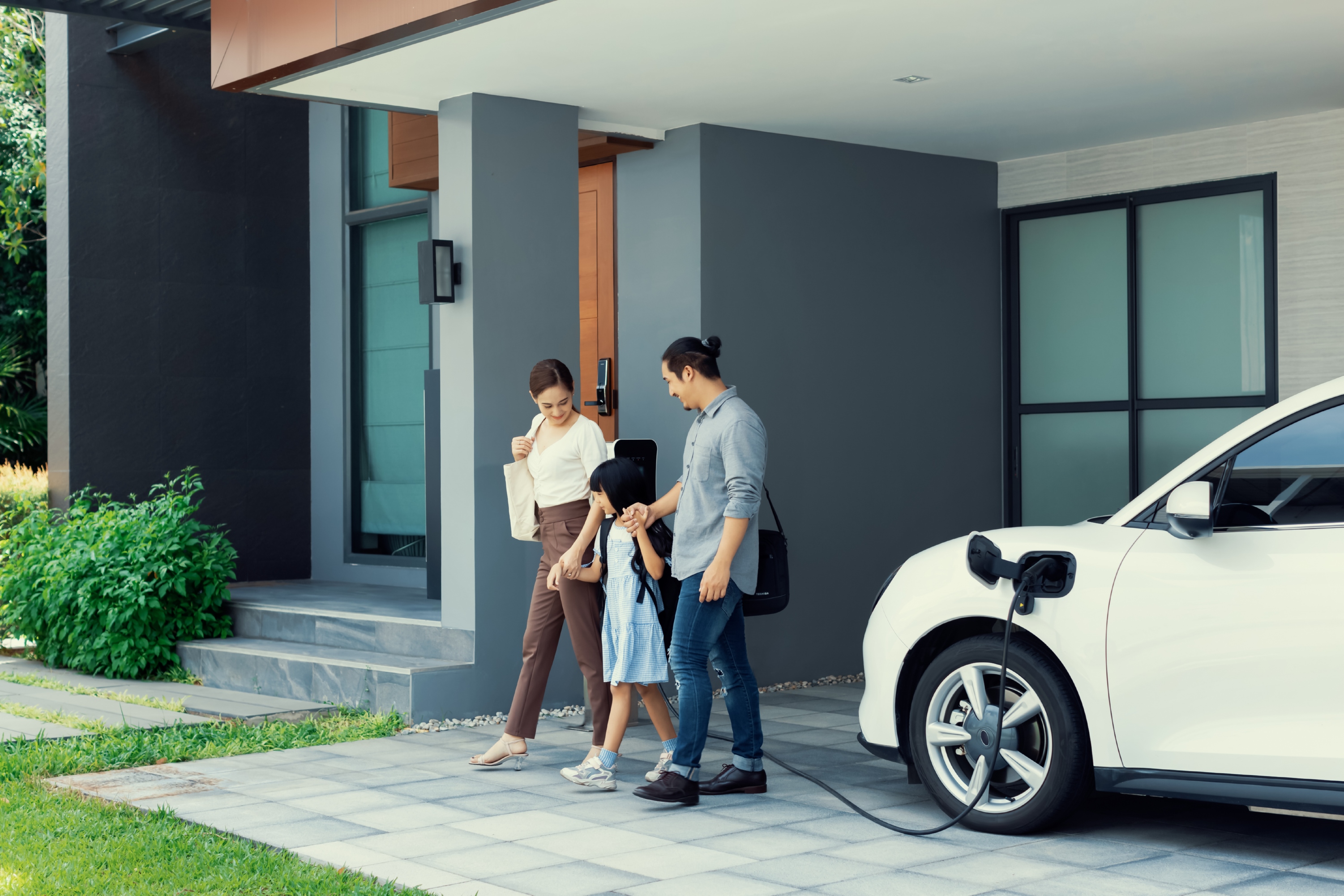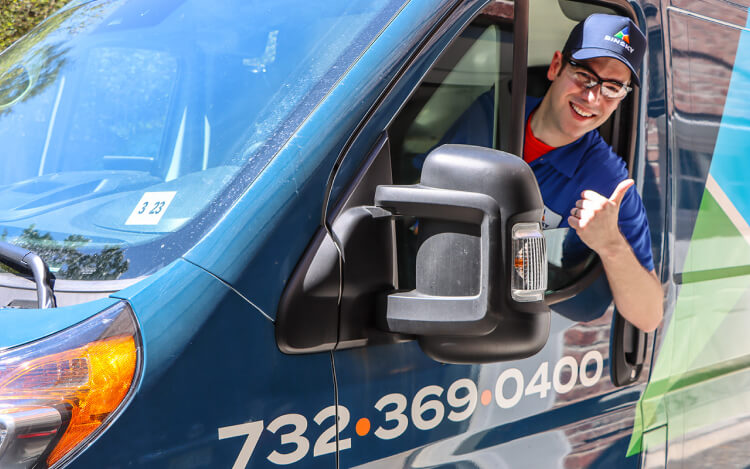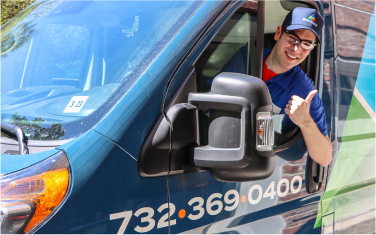EV Charger Safety Tips for Homeowners

As more homeowners in New Jersey and Pennsylvania switch to electric vehicles, installing a home EV charger is becoming a smart and convenient choice. But like any electrical system, it’s important to understand how to use and maintain your charger safely.
Whether you just had your charger installed or are planning to, here are Binsky Home Service’s top EV charger safety tips for first-time owners.
1. Use a Certified Electrician for Installation
Improper installation is one of the most common causes of charger malfunctions and electrical hazards. Make sure your EV charger is installed by a licensed, insured, and experienced electrician—preferably one who’s familiar with local code requirements.
At Binsky Home Service, our certified electricians handle the full process: permitting, inspection, panel assessment, and professional installation.
2. Don’t DIY Your Electrical Setup
It may be tempting to save a few dollars and install the charger yourself or use a basic extension cord—but this is never recommended. EV chargers require a dedicated 240V circuit and must be properly grounded. A poor or makeshift setup can lead to:
-
Fire hazards
-
Electrical shorts
-
Voided manufacturer warranties
-
Failed township inspections
3. Use Weather Related Equipment Outdoors
If your charger is installed outside, it must be rated for outdoor use (NEMA 3R or higher). It should also have a protective cover and be installed on a stable, weather-resistant surface. Make sure cords are stored properly when not in use to avoid water damage or tripping hazards.
4. Inspect the Charging Cable Regularly
Check the charging cable for any signs of wear, cracking, or fraying. If you notice damage or overheating at the plug or wall connection, stop using it immediately and call a professional. Always unplug the charger before cleaning or inspecting.
5. Avoid Overloading Your Electrical Panel
If your home’s electrical system is older or already supporting heavy loads (HVAC, hot tub, etc.), adding an EV charger may push it beyond its safe limit. A licensed electrician should evaluate your panel capacity before installation.
Tip: Consider upgrading your panel or using a load management system to safely distribute power.
6. Install Surge Protection
Power surges can damage your charger or even your EV battery. A whole-home surge protector or a dedicated surge device for your EV circuit helps protect your investment—especially during storms or utility disruptions.
7. Know When Something’s Wrong
Here are some red flags that your charger needs professional attention:
-
Breaker trips frequently when charging
-
You notice a burning smell or heat near the outlet
-
The charger fails to start or displays error lights
-
Visible damage to the cord, plug, or housing
If you see any of these issues, stop charging and contact Binsky Home Service immediately.
Charge Safely with Binsky Home
Your electric vehicle is a major investment—don’t take chances with your home charging setup. At Binsky Home, we specialize in safe, code-compliant EV charger installations across New Jersey and Pennsylvania.
- Licensed electricians
- Permit handling & inspections
- Indoor and outdoor installs
- Free estimates available
Charge with confidence! Contact Binsky Home to schedule your FREE EV Charger Estimate today.









